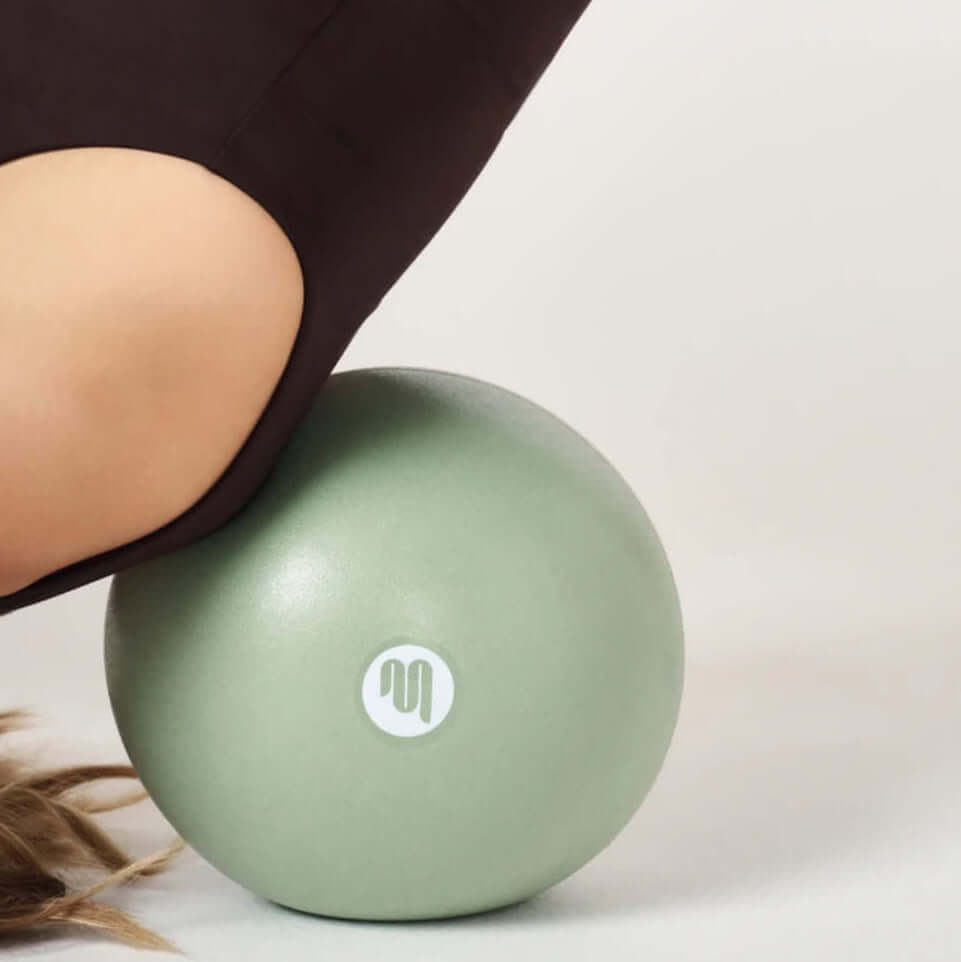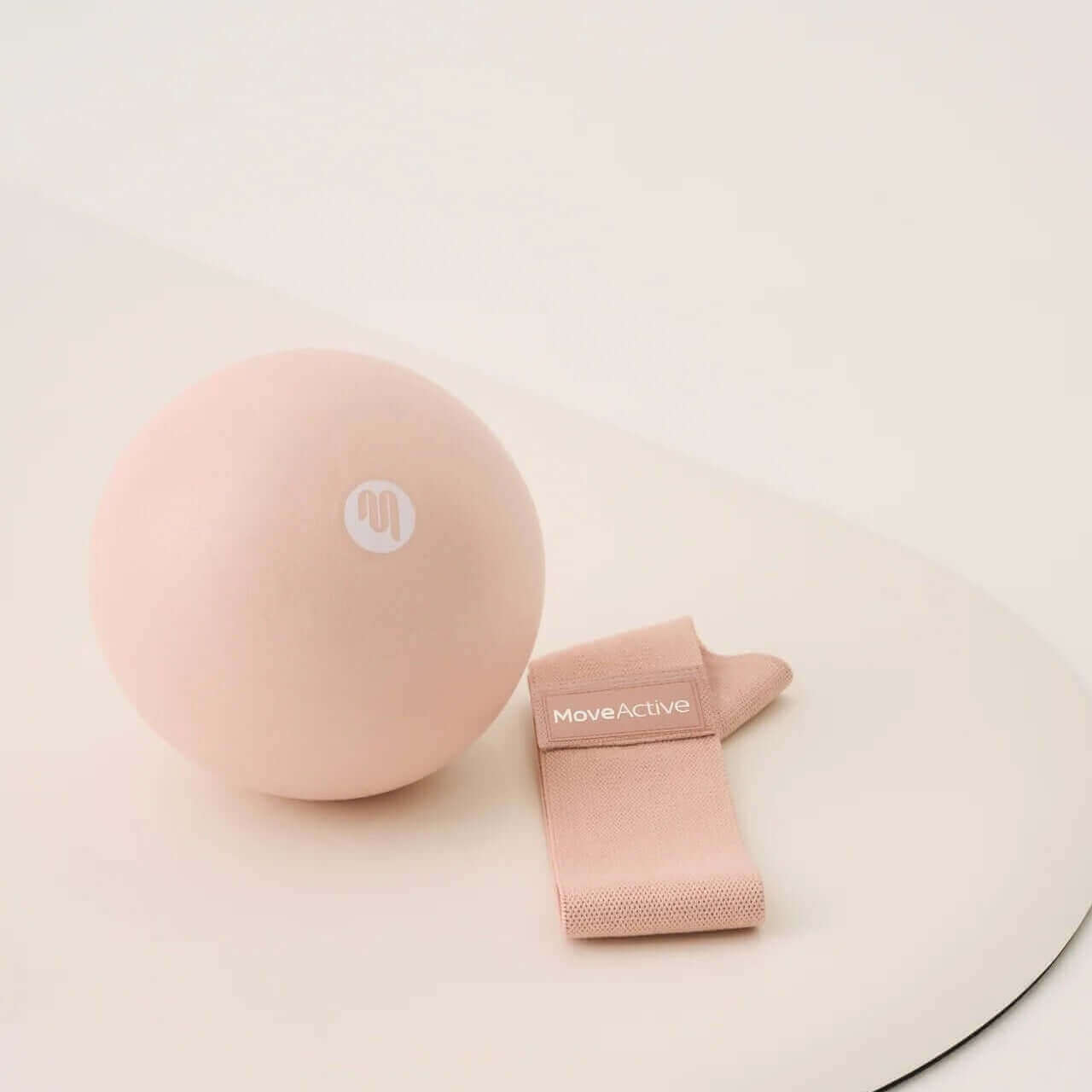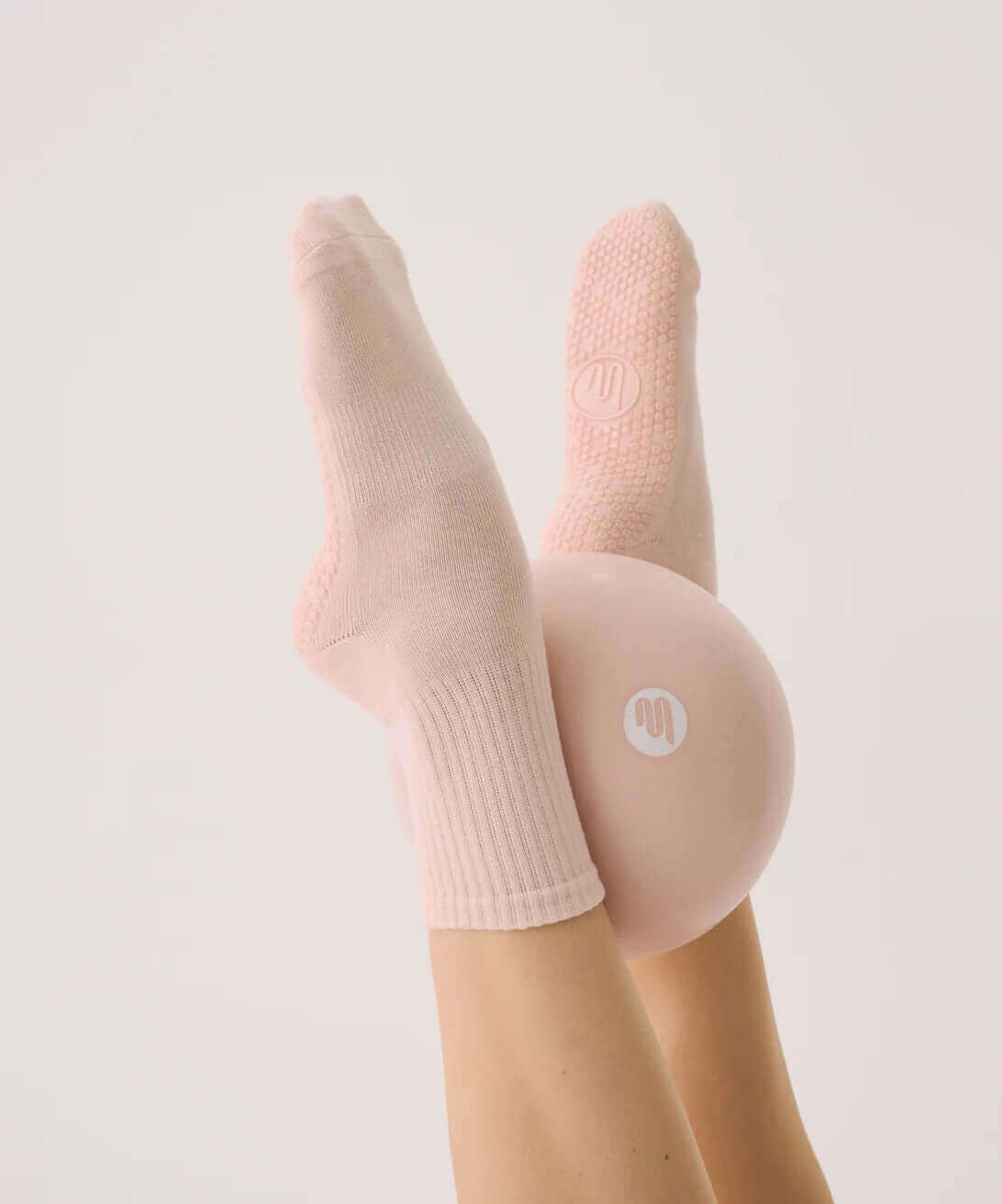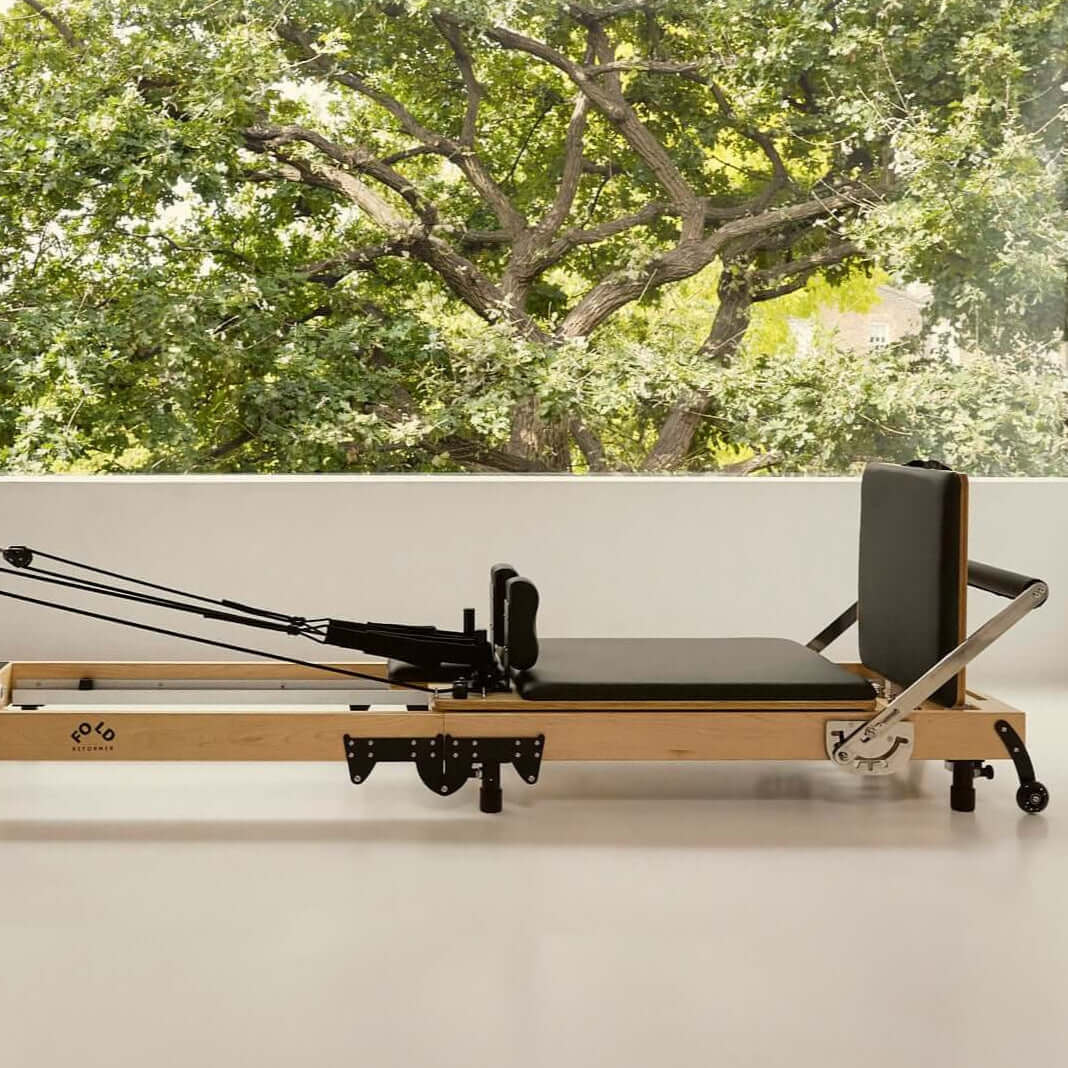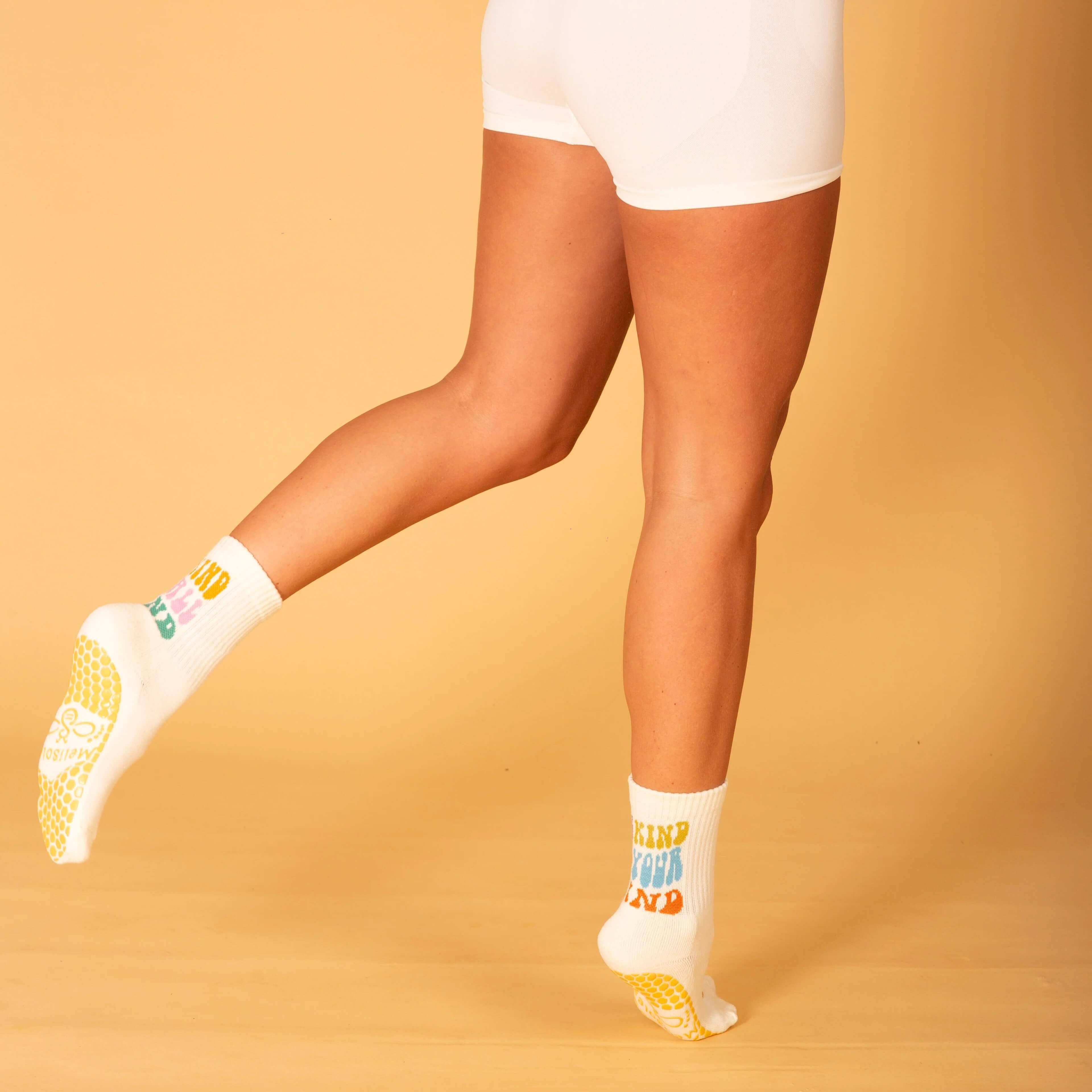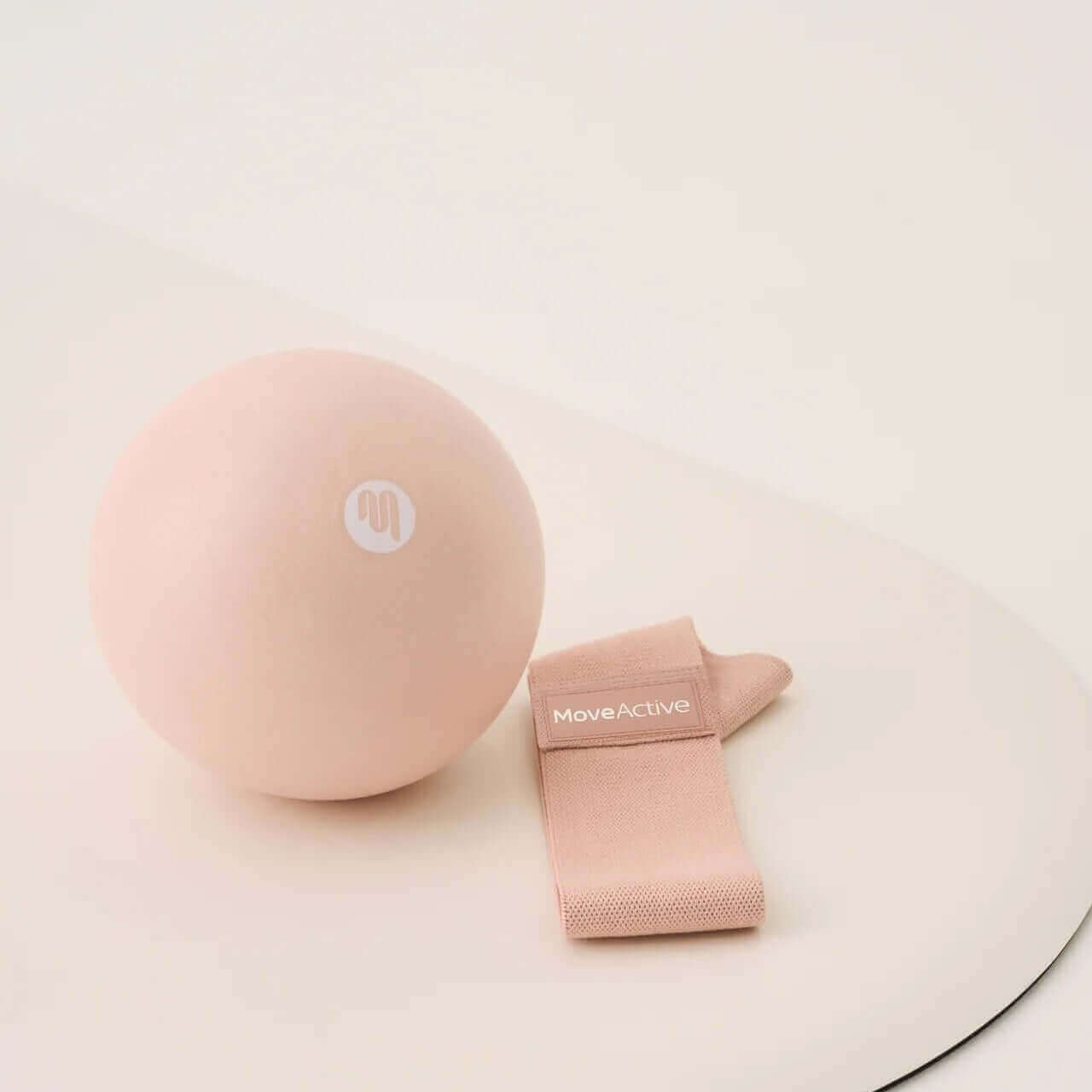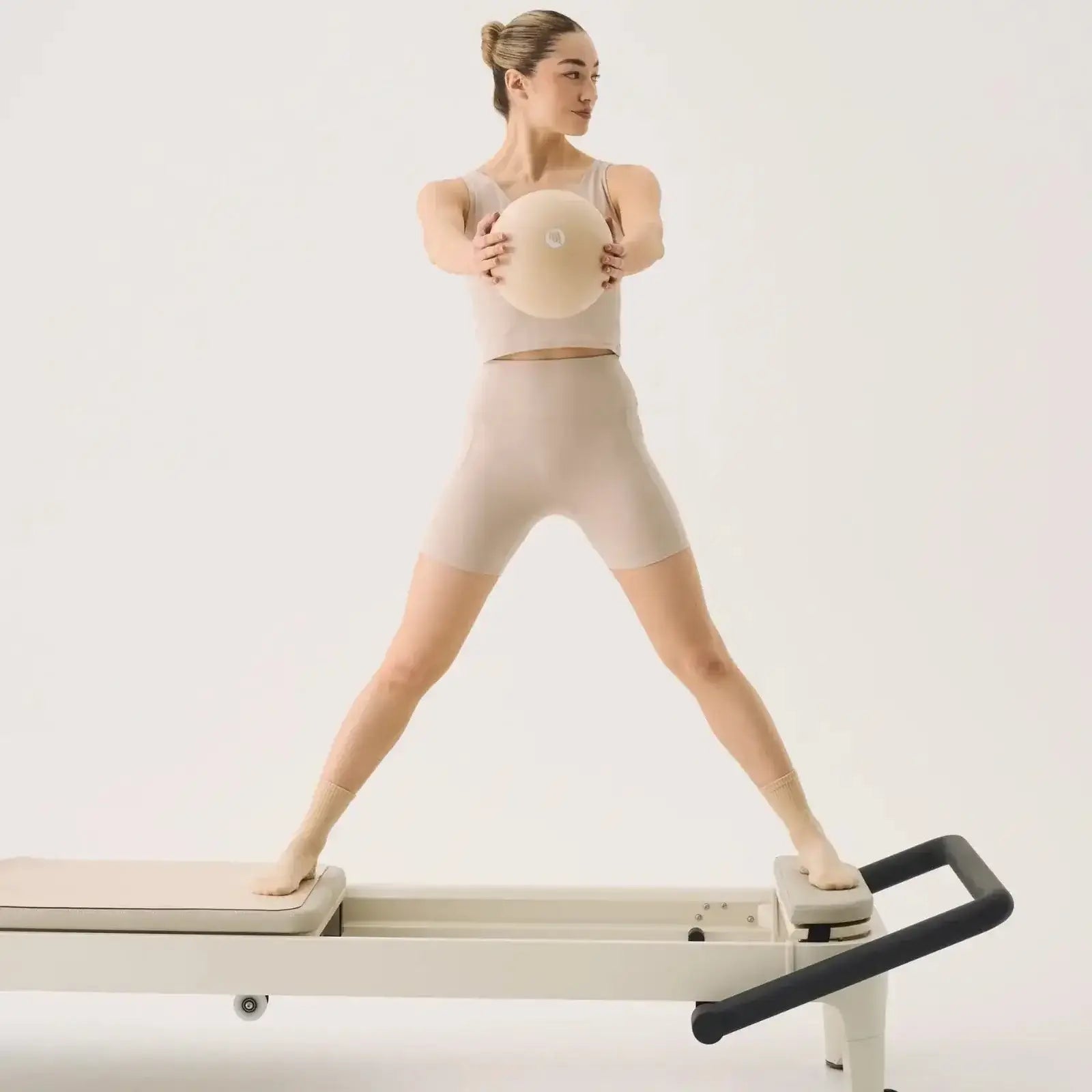Let’s be real, life post-pregnancy can be extremely overwhelming. Your body’s been through a big shift, and so has your schedule. Pilates can be a gentle way back in, helping you reconnect with your body, rebuild your strength, and get a little headspace, too.
You'll no doubt feel completely different to what you did nine months ago (because, well, you are), and that’s okay. There’s no rush. No pressure. Just smart, feel-good movement that meets you where you’re at.
Thinking about giving it a go? Here’s how to ease into Pilates after pregnancy, one small step (or stretch) at a time.
How can Pilates help post-pregnancy?
During the prenatal and postnatal periods, your body does a lot of heavy lifting, from changes in skin and digestion to shifting hormones and body shape. It’s a full-body transformation, and coming back to movement after all of this, well can feel a little daunting. That’s where postpartum Pilates comes into it's own, gentle, focused, and designed to support you through it all.
Our pelvic-focused classes are all about rebuilding from the inside out. Whether you're navigating post-birth recovery or simply looking to feel strong and steady again, these movements meet you where you’re at, with absouletly no pressure to perform.
Mat or Reformer, both bring an abundance of benefits, to support improvements in physical strength, boosting your mood, and helping you reconnect with your body in a way that feels kind and empowering. Even just 10-20 minutes can shift your mindset and bring a little calm into the chaos.
And when it comes to your core and pelvic floor, we’ve got you. Our classes are designed to support postnatal needs like diastasis recti and pelvic muscle recovery, working deep into the “inner unit” (think transverse abdominis and pelvic floor) to restore function safely and effectively.
Because this isn’t about bouncing back. It’s about moving forward, gently, steadily, and in a way that feels like you.
What are the physical benefits of Pilates?
As a new full-time parent, you’ve already got a lot on your plate (and probably in your lap). So if lying flat on a mat sounds like your kind of workout, we get it. The good news? With Pilates, you can start there and still support your strength, recovery, and mental reset. Because if anyone knows how to multi-task, it’s you.
Whether you’re easing in with a gentle flow or ready to turn it up a notch, one thing’s certain, you’ll be supporting your body and mind in the right way. Postpartum Pilates helps melt away that all-too-familiar stiffness from long days (and nights) of lifting, holding awkawrd positions when feeding, tidying, and doing-all-the-things. Brinign you relief to tired muscles and joints, improving posture, and giving your body the support it’s quietly craving.
Let’s talk pelvic floor, because pregnancy, labour, and all those hormonal shifts? They can seriously impact its strength. Our postnatal classes are designed to help you rebuild that connection, one small (but mighty) movement at a time. Think: better bladder control, less back pain, and a stronger core to hold it all together.
And that core work? This is the real power of Pilates. Lifting your posture, steading your balance, and supporting everyday movement to feel that little bit easier. Plus, we focus on releasing the neck, shoulders, and upper back, those classic knotted areas from all the carrying and cuddling. Gentle strength and mobility work here can make a big difference, both for the hear and now and longer term.
So absouletly, you can lie down, and still get stronger, feel more supported, and ready to take on whatever tomorrow throws at you!
How can Pilates help my mind?
If you need a little extra push to get you into Pilates post-pregnancy, you’ll find plenty of mental health benefits too. As well as taking back a little me-time, you can also:
-
Boost your levels of feel-good hormones
-
Reduce your stress
-
Improve your mood
-
Give yourself more energy
-
Sleep better
Should I do Mat Pilates or Reformer Pilates?
The choice is yours. Reformer Pilates is a perfectly safe option for postpartum exercise (as long as you’re following guidance from your medical professional).
Traditionally, Mat Pilates has been the more accessible way to practice Pilates. But these days, that doesn’t have to be the case. Part of the reason that FOLD exists is to share the beauty of Reformer Pilates at home. Our stylish folding reformer beds are designed to slot into a variety of homes, giving you studio-quality Reformer Pilates workouts when and where you want them. And with a little one, we know that flexibility counts for a lot.
With on-demand workouts from FOLD, there’s:
-
No childminding
-
No set schedules
-
No waitlists
-
No commute
Just a solid workout at your own pace at a time that works for you. Which means you can get your fitness back, or build it from the ground up, in no time.
Oh, and if you think you’ll be missing your buddies from the studio, you’ll be glad to know that all of our reformer beds come with community built in via our app. We work out together in online classes or meet up in person.
How long after my pregnancy can I start Pilates?
No two bodies are the same so it’s good to take advice from your healthcare professional on when you can start training again. As a general rule, you’ll need to wait 12 weeks or until your postnatal check-up after a C-section and 6 weeks otherwise.
But, that doesn’t mean that you can’t enjoy some gentle stretching in the meantime. You can take inspiration from classic Pilates moves, like bridges, leg lifts, mermaid stretches and wall presses to gently move your body and release tension in your muscles.
The most important thing is to take your time. Being kind to your body and taking it slow will stop you getting injured and allow you to adapt to change. It’s a good idea to start with the foundations to see where your strength and fitness is before diving straight back to where you were before.
You’ll find expert-guided Pilates classes on the FOLD app for your Reformer Pilates.
Pregnancy Reformer Pilates
Can I do Reformer Pilates after giving birth?
Absolutely, but only once your doctor gives the go-ahead. Postnatal Reformer Pilates is gentle, low-impact, and designed to support your recovery in a way that feels safe and steady. Supporting you to reconnect with your core, ease back pain, lift your posture, and rebuild strength from the inside out. Our take away is to take it slow, tune into your body and consider working with an instructor who knows the ins and outs of postpartum movement.
Can Reformer Pilates help with diastasis recti?
Of course, when done right. There's no doubt Reformer Pilates is ideal for strengthening your deep core muscles (like the transverse abdominis) which help draw the abdominal wall back together. But not all exercises are created equal, without proper guidance some things can be made worse if done too soon. That’s why we always recommend working with a trained professional who understands diastasis recti is key to moving safely and effectively.
Is Reformer Pilates safe during pregnancy?
Yes, with the right support. If you’ve already been doing Reformer Pilates before pregnancy, it may be safe to continue with a few modifications. It’s great for maintaining your balance, posture, and keeping your pelvic floor strong. But if you’re new to it, pregnancy isn’t neccessairly the best time to get started. Always seek advice from your healthcare provider, avoid lying flat after the first trimester, and opt for tailored, prenatal-focused classes led by trained professionals. Your body (and baby) will thank you.
Does Pilates help with postpartum belly fat?
One thing Pilates isn’t about, is quick fixes, but what it does do is it helps you feel stronger, more supported, and more connected to your core. Toning the muscles around your stomach, improving posture, and encouraging gentle fat burn through low-impact movement. Plus, it helps ease fatigue and supports the kind of core stability that carries you through every nappy change, feed, and lift.
